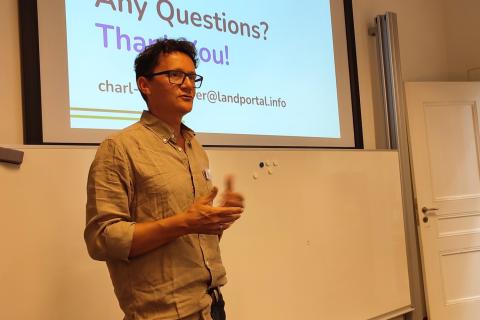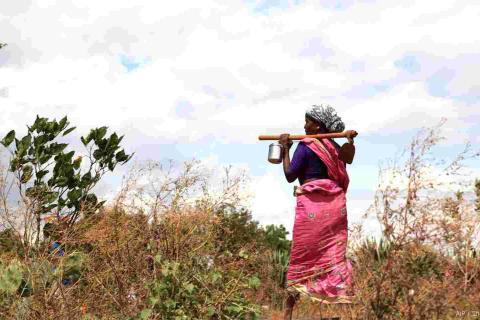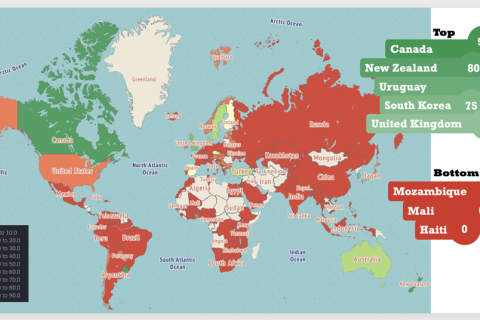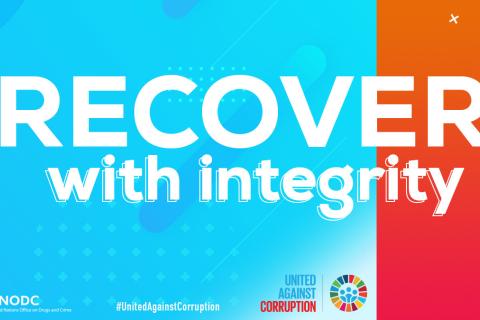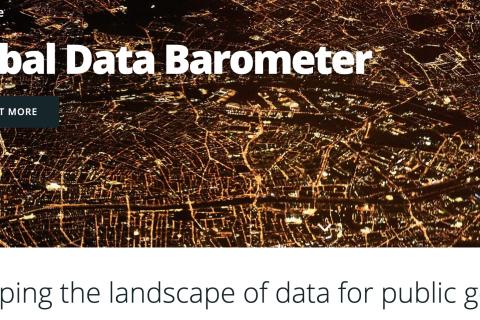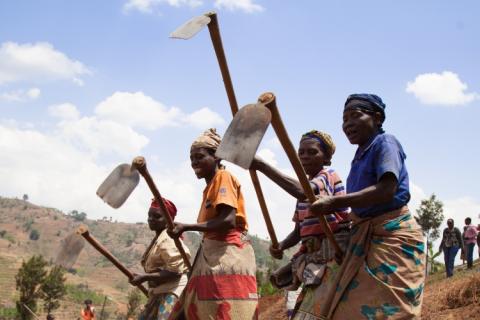Webinar Recap: the Digitization of Land Records: A Panacea for Land Conflicts
Organized by the Cadasta Foundation, Land Conflict Watch, the Land Portal Foundation, National Council of Applied Economic Research (NCAER) of India, and NRMC Center for Land Governance, the webinar "The Digitization of Land Records: A Panacea for Land Conflicts" provided an in-depth look at the critical role digitization of land records plays in addressing land disputes in India.


